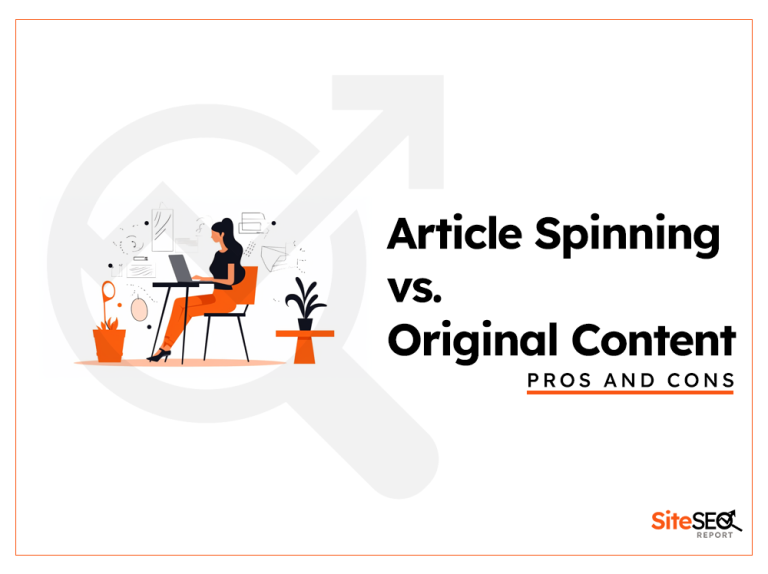In today’s fast-paced digital age, voice search is rapidly emerging as a preferred method of querying the web.
From Siri and Alexa to Google Assistant and Cortana, voice-activated assistants are becoming household staples. But how do these devices fetch accurate, relevant information so quickly? Enter Schema markup.
Let’s explore Schema’s pivotal role in optimizing voice search.

Understanding Voice Search
Voice search is a speech recognition technology that allows users to search by saying terms aloud rather than typing them.
It’s not just limited to smartphones; smart speakers, wearables, and even some household appliances now come equipped with voice search capabilities.
Why is Voice Search Optimization Important?

Growing Usage: With the proliferation of smart devices, voice search is on the rise. It’s predicted that by 2024, 8.4 billion voice assistants will be in use worldwide.
Different Search Behavior: Voice searches are typically longer and more conversational than typed queries. They often come in the form of questions.
Instant Answers: Voice search users are usually seeking immediate answers, making it crucial for devices to provide precise information.
Schema Markup: Bridging the Gap
Schema markup, a type of structured data, plays a crucial role in voice search optimization. Here’s how:
Contextual Understanding: Schema helps search engines understand the context of content. For voice search, this clarity is vital. When a user asks, “Who starred in the movie Inception?“, Schema can help search engines quickly identify and relay that Leonardo DiCaprio was a lead actor.
Answering Questions: Many voice searches are question-based. Schema markup, especially the “Question” and “Answer” types, can help search engines identify content that directly answers users’ queries.
Local Searches: Voice search users often look for local information, like “nearest pizza place” or “local library timings.” Schema markup for local businesses ensures that search engines provide accurate, relevant information.
Implementing Schema for Voice Search
Use Relevant Schema Types: Depending on your content, use appropriate Schema types. For instance, if you’re a restaurant, ensure you have the “Restaurant” Schema with details like opening hours, menu, and location.
Optimize for Questions: Since voice searches are often phrased as questions, consider adding FAQs to your site and use the “FAQ” Schema.
Test Your Markup: Use tools like Google’s Rich Results Test to ensure your Schema markup is correctly implemented.
The Future of Voice Search and Schema
As voice search technology becomes more sophisticated, the importance of Schema markup will only grow. Future advancements might include:
Personalized Responses: Based on user behavior and preferences, voice assistants might offer personalized answers, with Schema helping in data accuracy.
Multimodal Searches: Combining voice with screen displays, where voice assistants not only speak the answer but also display rich results, powered by Schema.
Frequently Asked Questions
What is Schema markup?
Schema markup is a form of structured data that helps search engines better understand the content and context of web pages. It provides explicit clues about the meaning of a page, allowing for more accurate and enhanced search results.
How does Schema markup benefit voice search?
Schema aids voice search by offering clear context to search engines. When users make voice queries, search engines can quickly identify and relay accurate information from web pages with Schema markup, ensuring that voice assistants provide precise answers.
Do I need to implement Schema markup to rank for voice searches?
While not a direct ranking factor, Schema markup can significantly enhance the accuracy and relevance of voice search results. Websites with well-implemented Schema are more likely to provide direct answers to voice queries, leading to better user experiences.
Are there specific Schema types best suited for voice search optimization?
Yes, certain Schema types are particularly beneficial for voice search. These include “FAQ”, “LocalBusiness”, “Event”, “Recipe”, and “Product”. However, the best Schema type often depends on the content of the specific webpage.
How can I test if my Schema markup is optimized for voice search?
You can use tools like Google’s Rich Results Test to ensure your Schema markup is correctly implemented. While this tool doesn’t specifically test for voice search optimization, ensuring your markup is correct is a step in the right direction. Additionally, regularly using voice assistants to query your content can provide insights into how well you’re optimized for voice search.
Conclusion
Schema markup is no longer just an SEO best practice for traditional search; it’s becoming a cornerstone for voice search optimization.
As voice search continues its upward trajectory, leveraging Schema will be essential for businesses and content creators aiming to stay ahead of the curve.






